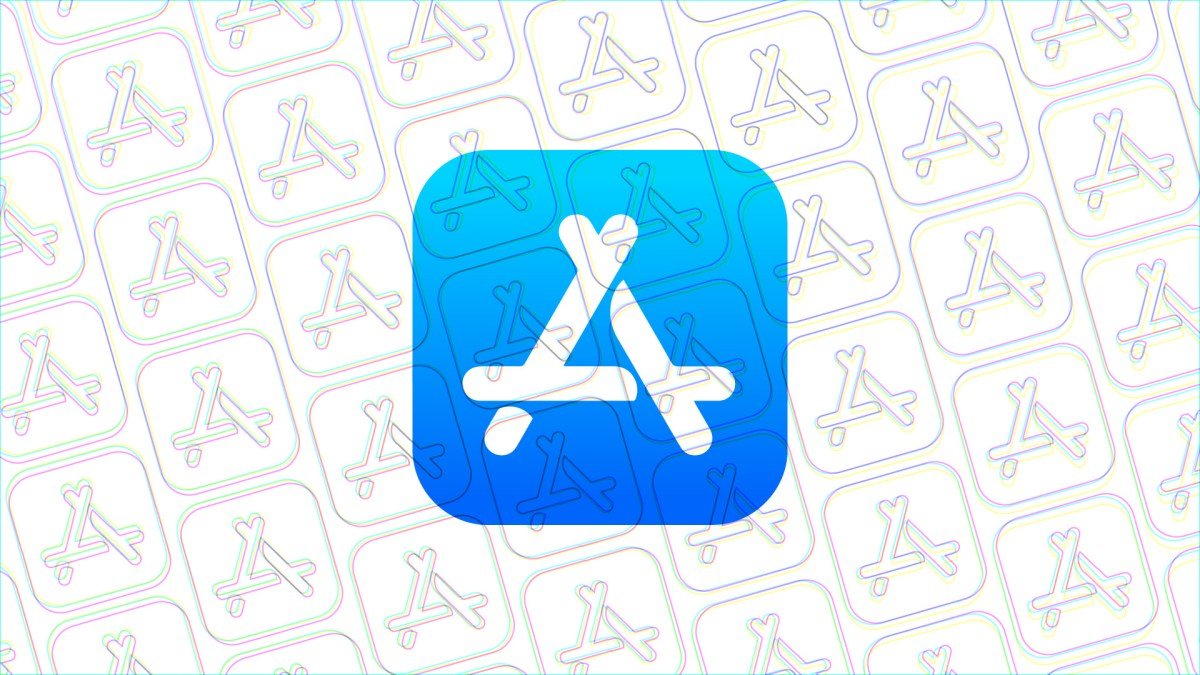Apple recently made an important announcement regarding new regulations for app developers in the European Union. This includes changes to comply with the Digital Markets Act (DMA), in which Apple has been identified as a “gatekeeper” and is now required to make certain adjustments to promote fair competition in the app industry. These updates include alternative methods for downloading apps outside of the App Store, new frameworks and API, revised commission fees, and more.
Developer responses to these changes have been varied, with larger companies such as Epic Games, Spotify, and Microsoft expressing opposition. These updates seem to prioritize Apple’s profits from iPhone apps, regardless of how they are discovered and installed.
Under the new regulations, EU developers will receive a reduced commission rate of either 17% for digital transactions and services or 10% for those eligible for a small business discount (or subscriptions in the second year). However, a 3% fee will still be charged if the company uses Apple’s payment processing service.
In addition, Apple is implementing a Core Technology Fee to cover access to their proprietary technologies, developer services and support, and platform integrity. This fee applies to all apps distributed through the App Store and other marketplaces, and is €0.50 for each first annual install per year over a 1 million threshold.
To provide more options for users and developers, Apple is also introducing new features such as the ability to choose a default web browser and utilizing NFC payment technology (used in Apple Pay) for their own apps.
Important caveats and details:
- The Core Technology Fee applies to all apps regardless of distribution platform.
- Developers will be charged €0.50 for each first annual install per year over a 1 million threshold.
- Commission rates for EU developers have been reduced to 17% for digital transactions and services, and 10% for small businesses or subscriptions in the second year.
- Apple will continue to charge an additional 3% if their payment processing service is utilized by the company.
- Developers now have the option to choose their default web browser and access NFC payment technology for their own apps.
The Digital Markets Act (DMA) is a new regulation in the EU aimed at promoting fair competition in the app industry.
Frameworks are being introduced by Apple to improve app development and performance.
The API (Application Programming Interface) is a set of protocols and tools for building software apps and interacting with other systems.
The Core Technology Fee is a new charge introduced by Apple to cover access to their proprietary technologies and developer services.








